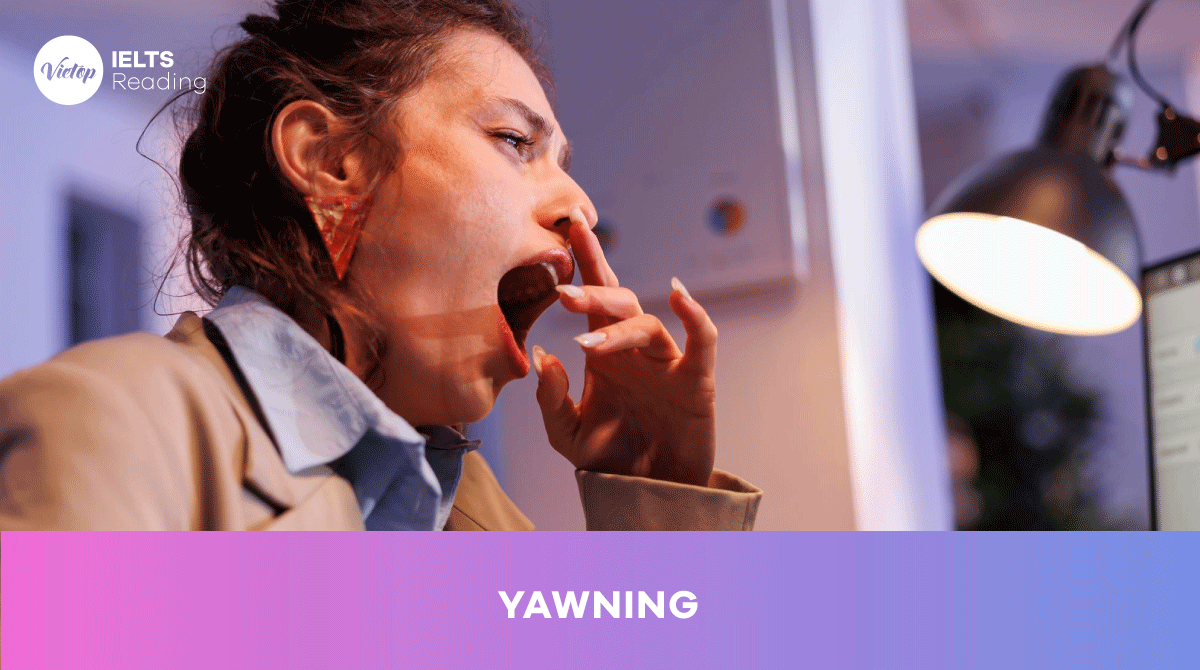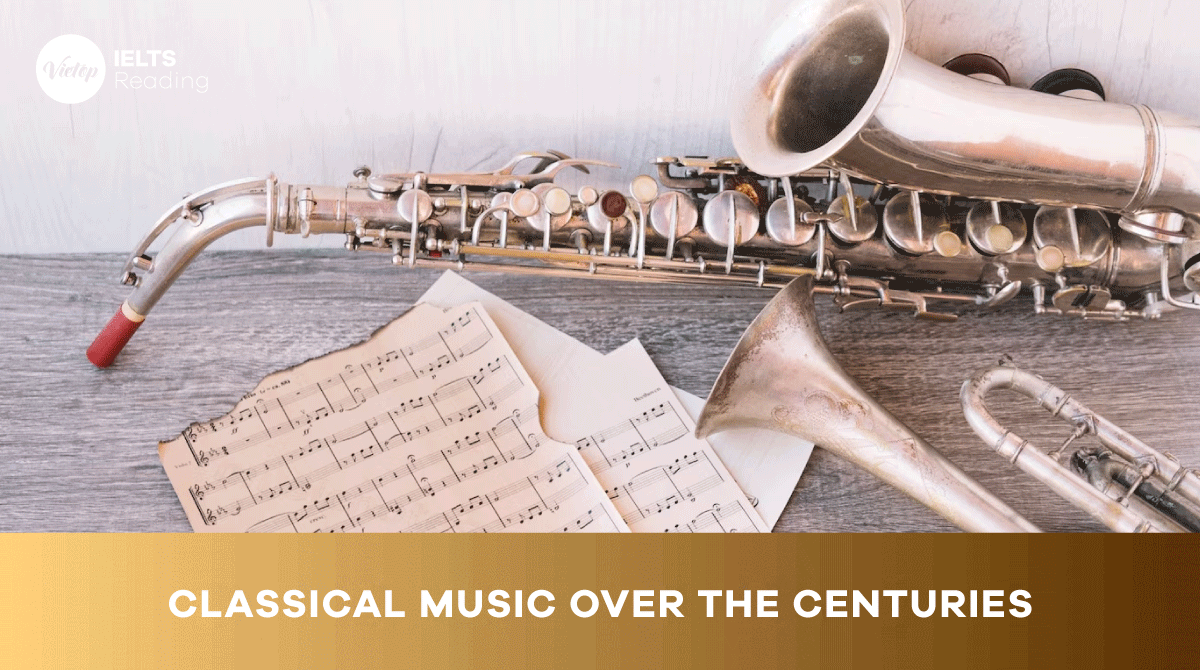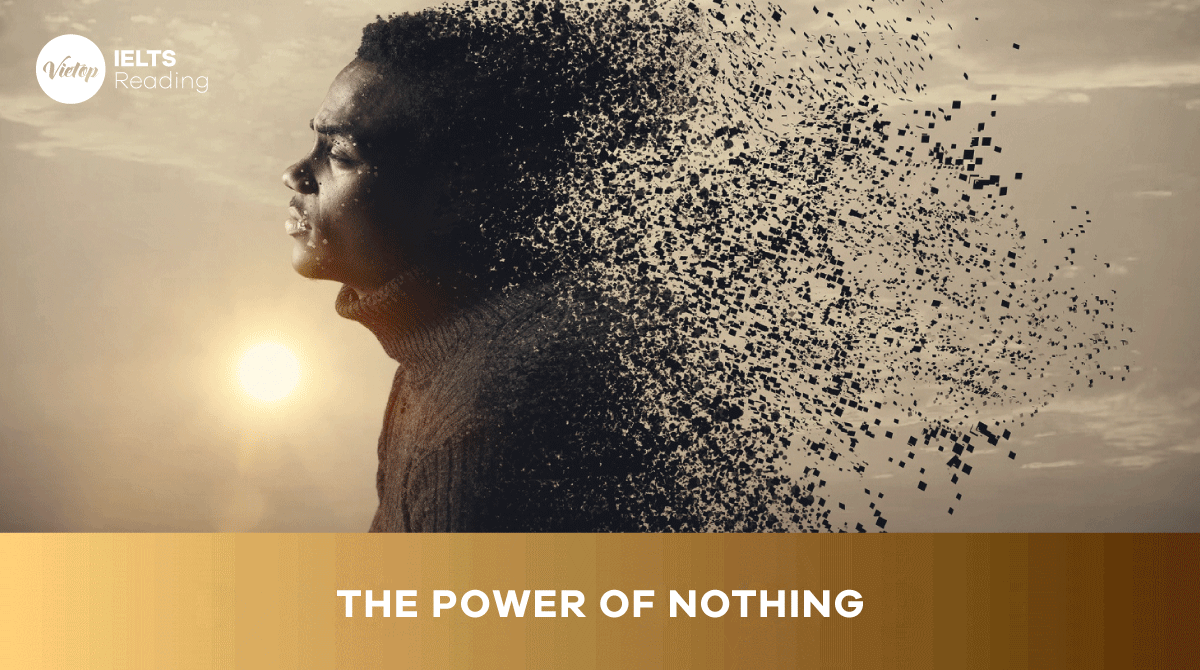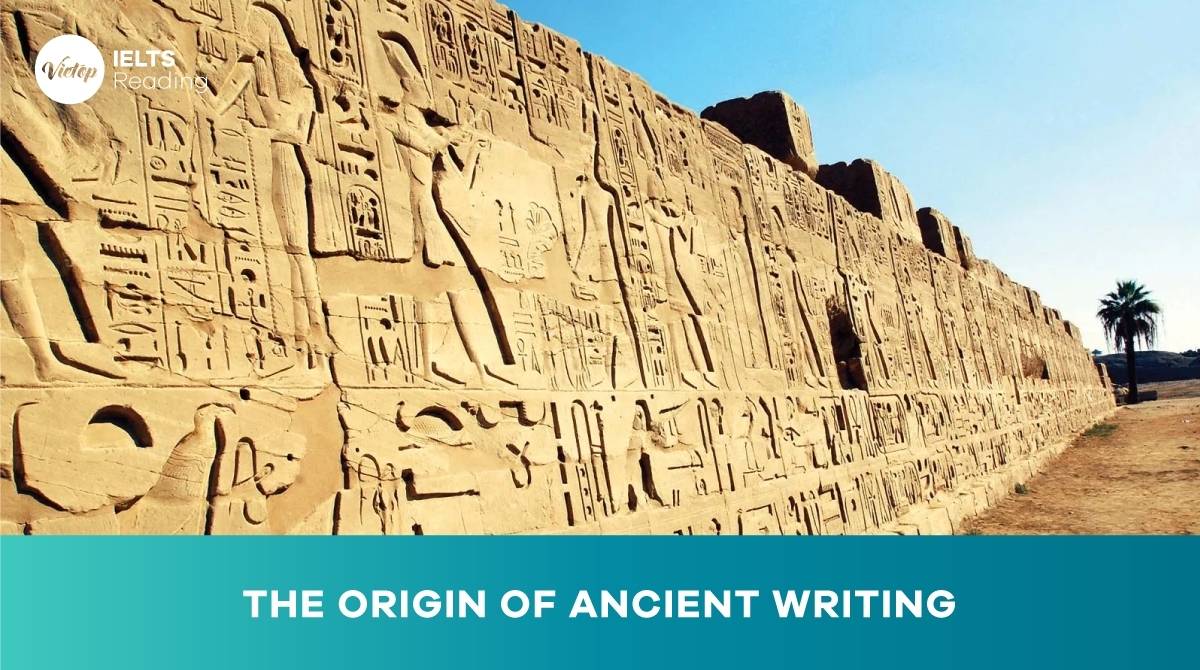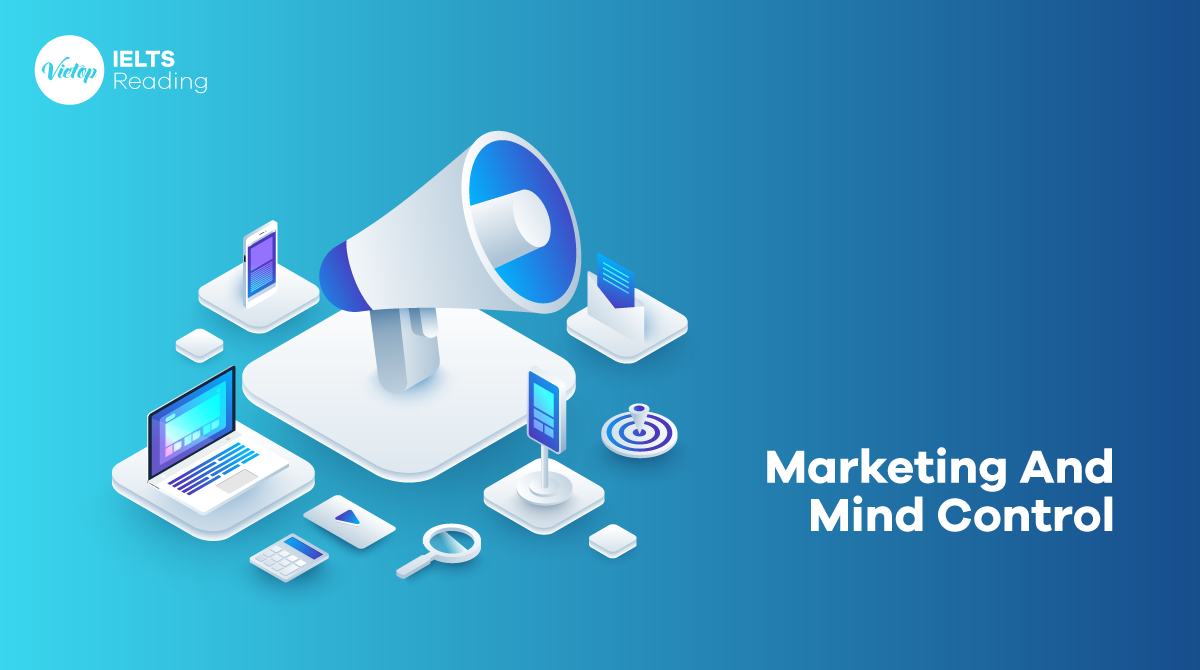A The advisability of humans participating directly in space travel continues to cause many debates. There is no doubt that the presence of people on board a space vehicle makes its design much more complex and challenging, and produces a large increase in costs, since safety requirements are greatly increased, and the technology providing necessities for human passengers such as oxygen, food water must be guaranteed. Moreover, the systems required are bulky and costly, and their complexity increases for long-duration missions. Meanwhile, advances in electronics and computer science allow increasingly complex tasks to be entrusted to robots, and unmanned space probes are becoming lighter, smaller and more convenient.
B However, experience has shown that the idea of humans in space is popular with the public. Humans can also be useful; there are many cases when only direct intervention by an astronaut or cosmonaut can correct the malfunction of an automatic device. Astronauts and cosmonauts have proved that they can adapt to conditions of weightlessness and work in space without encountering too many problems, as was seen in the operations to repair and to upgrade the Hubble Space Telescope. One human characteristic which is particularly precious in space missions, and which so far is lacking in robots, is the ability to perform a great variety of tasks. In addition, robots are not good at reacting to situations they have not been specifically prepared for. This is especially important in the case of deep space missions. While, in the case of the Moon, it is possible for someone on Earth to ‘tele-operate’ a robotic device such as a probe, as the two-way link time is only a couple of seconds, on Mars the two- way link time is several minutes, so sending instructions from Earth is more difficult.
C Many of the promises of artificial intelligence are still far from being fulfilled. The construction of machines simulating human logical reasoning moves towards ever more distant dates. The more the performance of computers improves, the more we realise how difficult it is to build machines which display logical abilities. In the past it was confidently predicted that we would soon have fully automated factories in which all operations were performed without any human intervention, and forecasts of the complete substitution of workers by robots in many production areas were made. Today, these perspectives are being revised. It seems that all machines, even the smartest ones, must cooperate with humans. Rather than replacing humans, the present need appears to be for an intelligent machine capable of helping a human operator without replacing him or her. The word ‘cobot’, from ‘collaborative robot’, has been invented to designate this type.
D A similar trend is also apparent in the field of space exploration. Tasks which were in the past entrusted only to machines are now performed by human beings, sometimes with the aim of using simpler and less costly devices, sometimes to obtain better performance. In many cases, to involve a person in the control loop is a welcome simplification which may lower the cost of a mission without compromising safety. Many operations originally designed to be performed under completely automatic control can be performed more efficiently by astronauts, perhaps helped by their ‘cobots’. The human-machine relationship must evolve towards a closer collaboration.
E One way this could happen is by adopting the Mars Outposts approach, proposed by the Planetary Society. This would involve sending a number of robotic research stations to Mars, equipped with permanent communications and navigational systems. They would perform research, and establish the infrastructure needed to prepare future landing sites for the exploration of Mars by humans. It has also been suggested that in the most difficult environments, as on Venus or Jupiter, robots could be controlled by human beings located in spaceships which remain in orbit around the planet. In this case the link time for communication between humans and robots would be far less than it would be from Earth.
F But if space is to be more than a place to build automatic laboratories or set up industrial enterprises in the vicinity of our planet, the presence of humans is essential. They must learn how to voyage through space towards destinations which will be not only scientific bases but also places to live. If space is a frontier, that frontier must see the presence of people. So the aim for humankind in the future will be not just the exploration of space, but its colonisation. The result of exploring and living in space may be a deep change in the views which humankind has of itself. And this process is already under way. The images of Earth taken from the Moon in the Apollo programme have given humankind a new consciousness of its fragility, its smallness, and its unity. These impressions have triggered a realisation of the need to protect and preserve it, for it is the place in the solar system most suitable for US and above all it is the only place we have, at least for now.
Xem thêm: Khóa học IELTS Online – học trực tuyến cùng chuyên gia IELTS 8.5
Questions 1-6
Reading Passage has six paragraphs, A-F.
Choose the correct heading for each paragraph from the list of headings below.
Write the correct number, i-ix. in boxes 1-6 on your answer sheet
List of Headings
- I. Robots on Earth – a re-evaluation
- II. The barriers to cooperation in space exploration
- III. Some limitations of robots in space
- IV. Reduced expectations for space exploration
- V. A general reconsideration of human/robot responsibilities in space
- VI. Problems in using humans for space exploration
- VII. The danger to humans of intelligent machines
- VIII. Space settlement and the development of greater self-awareness
- IX. Possible examples of cooperation in space
1 Paragraph A
2 Paragraph B
3 Paragraph c
4 Paragraph D
5 Paragraph E
6 Paragraph F
Tham khảo:
Reading Practice: Plant scents
Reading Practice: Bilingualism in Children
Reading Practice: Communication in science
Questions 7-8
Choose TWO letters, A-E.
Write the correct letters in boxes 7-8 on your answer sheet.
According to the writer, which TWO predictions about artificial intelligence have not yet been fulfilled?
A Robots will work independently of humans.
B Robots will begin to oppose human interests,
C Robots will be used to help humans perform tasks more efficiently.
D Robots will think in the same way as humans.
E Robots will become too costly to use on space missions.
Tham khảo thêm chương trình học IELTS tại Vietop
Questions 9-13
Complete the summary below. Choose ONE WORD ONLY from the passage for each answer. Write your answers in boxes 9-13 on your answer sheet.
Humans in space – the Mars Outposts approach and its implications
One way of exploring space would be through collaboration between humans and robots. For example, when exploring the planet Mars, robots could be used to set up 9 … and do initial research before humans arrive. In other cases, humans could stay in orbiting 10 … and give orders to robots working on the surface of the planet.
This would increase the speed of 11 … with the robots. In such ways, robots might be used to work in space in commercial enterprises or 12 … . However, the final aim of humankind may be the 13 … of space and this could in turn change people’s attitudes towards Earth.
Tham khảo về lịch thi IELTS cập nhật mới nhất
Answers
1. vi (Đoạn A, “There is no doubt that the presence of people on board a space vehicle makes its design much more complex and challenging…” → Liệt kê những khó khăn có thể sẽ gặp phải)
2. iii (Đoạn B, “One human characteristic which is particularly precious in space missions, and which so far is lacking in robots, is the ability to perform a great variety of tasks.” → Khuyết điểm lớn của robot là không thể linh hoạt như con người)
3. i (Đoạn C, “…and forecasts of the complete substitution of workers by robots in many production areas were made.” → Robot thay thế con người ngay trên trái đất)
4. v (Đoạn D, “Many operations originally designed to be performed under completely automatic control can be performed more efficiently by astronauts, perhaps helped by their ‘cobots’.”)
5. ix (Đoạn E, “One way this could happen is by adopting the Mars Outposts approach, proposed by the Planetary Society.”)
6. viii (Đoạn F, “The result of exploring and living in space may be a deep change in the views which humankind has of itself.”)
7. A (Đoạn C, “It seems that all machines, even the smartest ones, must cooperate with humans. ”)
8. D (Đoạn 3, “The construction of machines simulating human logical reasoning moves towards ever more distant dates. The more the performance of computers improves, the more we realise how difficult it is to build machines which display logical abilities.”)
9. Infrastructure (Đoạn E, “They would perform research, and establish the infrastructure needed to prepare future landing sites for the exploration of Mars…”)
10. Spaceships (Đoạn E, “…robots could be controlled by human beings located in spaceships which remain in orbit around the planet.”)
11. Communication (Đoạn E, “In this case the link time for communication between humans and robots would be far less than it would be from Earth.”)
12. Laboratories (Đoạn F, “But if space is to be more than a place to build automatic laboratories or set up industrial enterprises in the vicinity of our planet, the presence of humans is essential.”)
13. Colonisation (Đoạn F, “So the aim for humankind in the future will be not just the exploration of space, but its colonisation.”)
Trong xuyên suốt quá trình tự học và giải đề IELTS Reading Practice bạn thường xuyên gặp khó khăn trong việc chọn lọc thông tin để phân tích dẫn đến bài viết bị thừa hoặc thiếu những thông tin quan trọng. Do đó, bạn cần nắm vững cấu trúc viết từng dạng bài và cách triển khai ý tưởng để đạt band điểm cao. Nếu bạn vẫn còn băn khoăn chưa biết bắt đầu từ đâu, bạn có thể tham khảo khoá học IELTS tại Vietop để nhận lộ trình học chi tiết giúp bạn tối ưu hoá điểm số IELTS.
Các khóa học được thiết kế theo từng độ tuổi và trình độ, sẽ cung cấp cho bạn những chiến lược học tập hiệu quả và tài liệu ôn tập phong phú. Bằng cách theo học các khóa học này, bạn không chỉ cải thiện khả năng đọc hiểu mà còn tự tin hơn khi đối mặt với bài thi Reading Practice và các phần khác của kỳ thi IELTS. Đăng ký ngay để cải thiện điểm số và nâng cao kỹ năng của bạn ngay hôm nay



